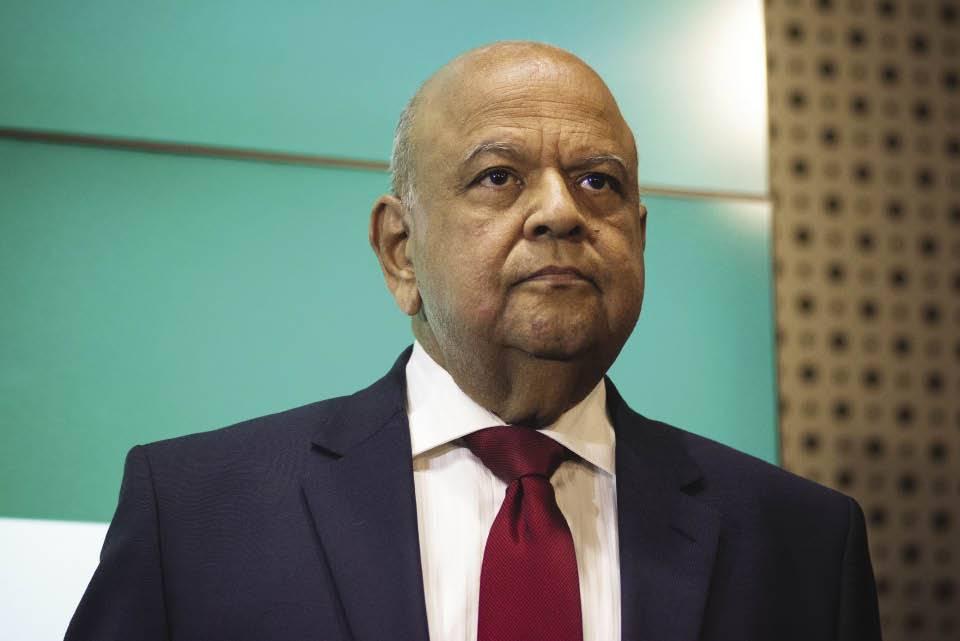Africa-Press – South-Africa. It cost several state-owned enterprises (SOEs) close to R300 million over the past three years to pay suspended employees.
In a written response to questions posed by EFF MP Andrew Arnolds, Public Enterprises Minister Pravin Gordhan detailed how many employees of state entities that report to him were suspended with full pay over the past three years.
The public enterprises under Gordhan’s oversight include South African Forestry Company Limited (Safcol); mining company Alexkor; power utility Eskom; airline South African Airways; and rail, port and pipeline company Transnet.
In total, 461 employees were suspended over the period, but Eskom did not indicate if some employees were suspended over more than one year.
According to information from Eskom, the power utility is now taking an approach to address cases “effectively and timeously”. “An important statistic to note is that year to date, Eskom has 58 open cases of employees on suspension with pay,” the response read.
De Ruyter sees local gas as key in transition from coal
By comparison, Safcol had 18 employees suspended over the past three years at the cost of R4.4 million.
At SAA, 28 employees were suspended over the three years – with one employee’s suspension running over two years. This came at the cost of R4.1 million to the entity.
At Denel, 15 employees were suspended over three years – with some individuals being suspended over more than one year. The total paid in salaries came to more than R10.7 million.
At Transnet, 159 employees were suspended over three years. The entity did not indicate if some employees were suspended over more than one year. Over R80 million in salaries was paid.
Gordhan said it is time the law changes to limit pay for suspended employees, or ensure shorter suspension periods.
“It is absolutely clear that the law must change to allow for limited periods of suspension, quick disciplinary processes, and no pay or limited pay during the suspension. This will ensure that suspended employees do not delay disciplinary processes for long periods of time,” he said.
For More News And Analysis About South-Africa Follow Africa-Press






